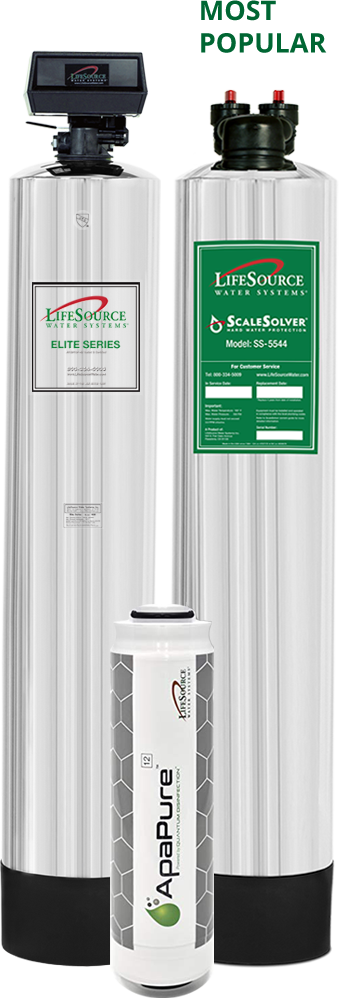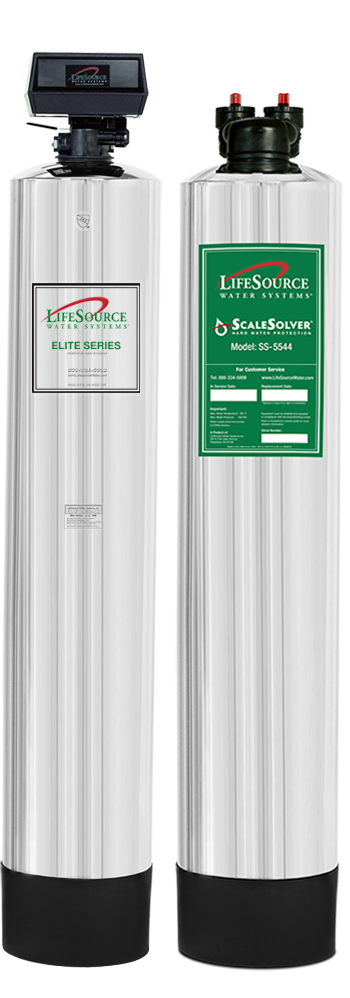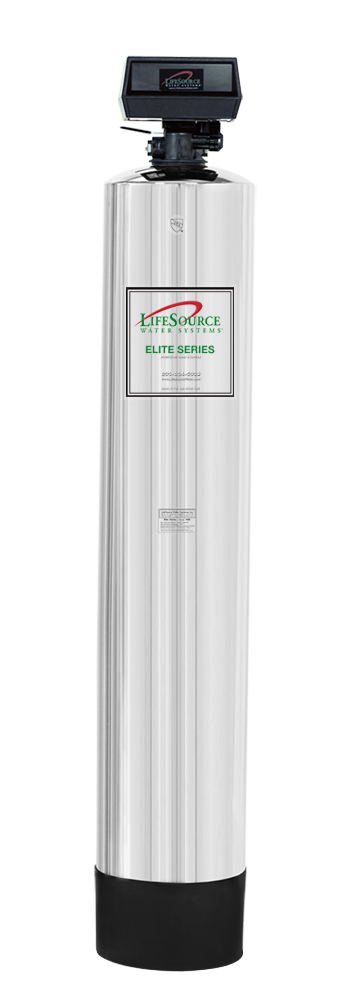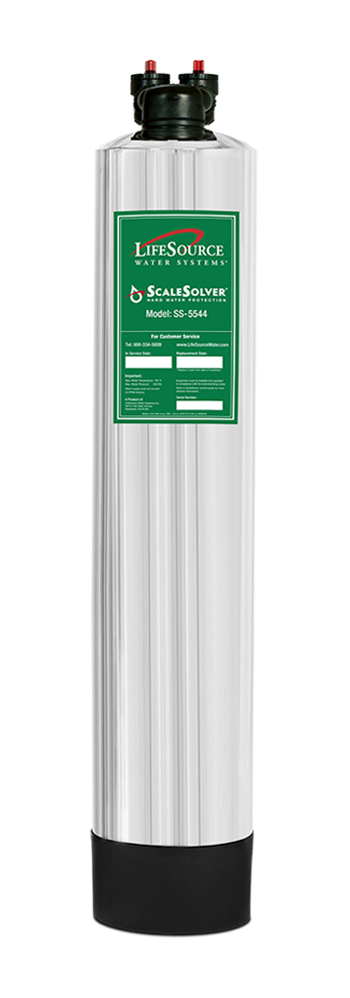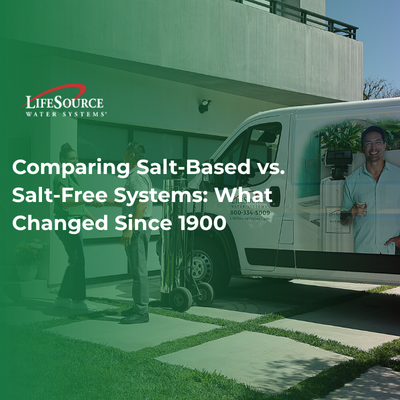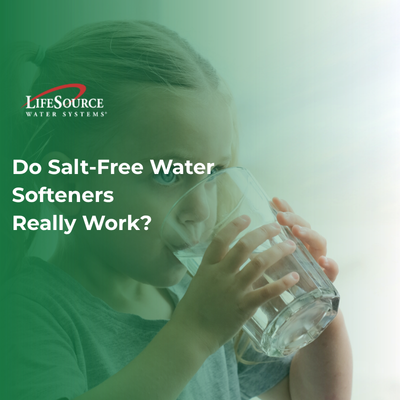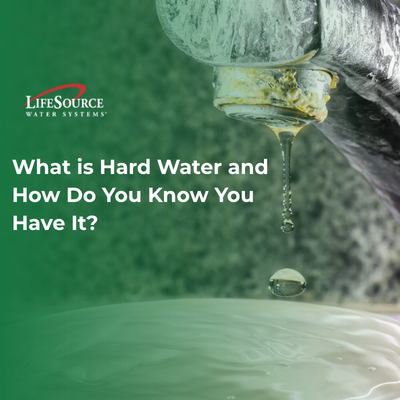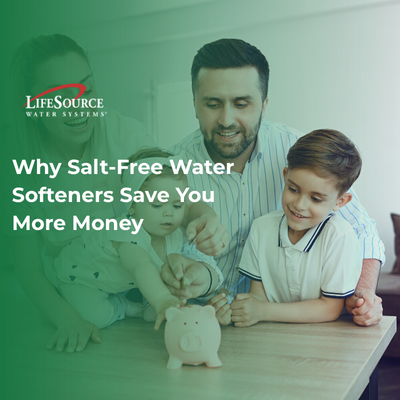
Where Are Water Softeners Banned, and Why It Matters
The Quick Answer: Where and why softeners are restricted?
Water softeners aren’t banned statewide; some cities and wastewater/sanitation districts restrict or remove self-regenerating, salt-based units because regeneration brine raises chloride in wastewater, impacting recycled-water and agriculture goals. Rules vary by jurisdiction—check your local utility or sanitation district for “automatic water softener” or “chloride ordinance.” Where restrictions apply, a salt-free whole-house conditioner + carbon filtration offers compliant scale protection without brine discharge.
Why Are Salt-Based Softeners Being Banned?
Salt-based water softeners use ion exchange, which requires sodium chloride (salt) to remove minerals from your water. The major issue? The salty wastewater (brine) is discharged during the regeneration process.
Problems include:
Environmental Impact: Brine discharge pollutes local waterways, harming aquatic ecosystems.
Wastewater Treatment Issues: Salt makes wastewater treatment more difficult and expensive, affecting community water reclamation efforts.
Regulatory Pressure: Environmental agencies and water authorities increasingly restrict or prohibit systems contributing to brine pollution.
California State Water Resources Control Board has led the charge with detailed regulations and community guidelines.
States and Cities with Water Softener Bans
Several regions have enacted bans or strict regulations on salt-based softeners:
California: Cities like Santa Clarita, Dixon, and various Los Angeles County districts have fully banned or limited salt-based softeners due to their environmental impact.
Texas: San Antonio and surrounding communities enforce brine-discharge restrictions.
Arizona and New Mexico: Numerous municipalities have adopted partial bans or discharge restrictions to protect groundwater and surface water quality.
These bans vary in severity, from prohibiting installations in new homes to completely outlawing existing salt-based softeners.
What Happens if You Own a Banned System?
If your area bans salt-based water softeners, you could face:
Removal orders: Local authorities may require you to uninstall your existing softener.
Fines and penalties: Non-compliance can lead to fines, increased water charges, or HOA enforcement actions.
Increased Costs: Switching to a compliant system often includes removal fees, new equipment costs, and installation expenses.
Compliant Alternatives: Salt?Free Conditioning + Whole?House Filtration
Salt-free water treatment systems, such as those offered by LifeSource, provide a practical, compliant alternative. LifeSource’s salt-free systems:
Avoid Brine Discharge: With no salt or chemical additives, they're fully compliant with existing and anticipated regulations.
Maintenance-Free: These systems require no salt refills or filter changes, saving time and ongoing expenses.
Eco-Friendly: With zero wastewater and reduced energy consumption, they protect the environment while ensuring clean water for your home.
Learn more: Salt-Free vs. Salt-Based Water Softeners
Future-Proofing Your Home Water System
Choosing a salt-free system isn't just about compliance today, it's about long-term peace of mind. With regulations likely to expand:
Protect Your Investment: Avoid future compliance costs by selecting a salt-free system now.
Ensure Consistent Water Quality: A single system meets all your water quality needs, from drinking and bathing to appliance protection.
Stay Ahead of Regulations: New construction communities increasingly prefer salt-free solutions to avoid regulatory issues.
Ready to Check Compliance in Your Area?
Find out if your community restricts salt-based softeners. LifeSource offers a free, personalized compliance consultation to ensure your home water system meets current and future regulations.
Explore Salt-Free Systems Built for the Future
FAQs
Are water softeners banned statewide in California?
No. Some local agencies restrict or remove self?regenerating salt?based softeners under authorities that allow them to regulate chloride discharges. Always check your local utility or sanitation district.
Why do some places restrict salt?based softeners?
Regeneration discharges salty brine that raises chloride in wastewater, impacting recycled water and agriculture. Local limits aim to manage those chloride levels.
What counts as a 'self?regenerating' softener?
A system that periodically flushes and recharges resin with salt or potassium brine. These units are typically subject to restrictions; portable exchange tank services may be treated differently by some agencies.
What can I use if softeners are restricted in my area?
Salt?free whole?house conditioning (no brine discharge) paired with carbon filtration protects against scale and improves taste without adding sodium.
How do I confirm if my home is affected?
Search your city/wastewater district website for 'automatic water softener' or 'chloride ordinance,' or contact your utility. Our team can also help you check and recommend compliant options.

